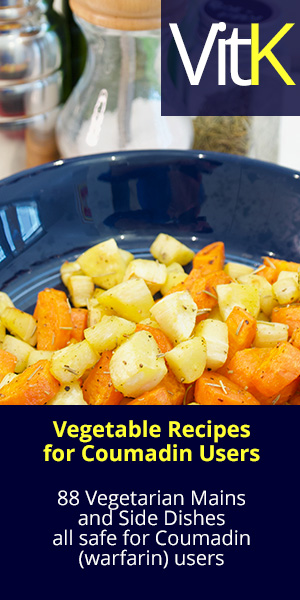
Menu Planning
So far we've gone over getting your day structured for eating breakfast and lunch as well as what makes sense for dinner. All of this takes some planning on your part and I believe that this is the most important part of eating healthy. The better you plan, the better chance that you will stick to eating healthy.
People will plan almost every aspect of their lives. They know when they have to be at work, what meetings they will go to, times for the kid's soccer game, when they are going to mow the lawn and on and on. Any successful project requires a plan. You wouldn't think of building a house without architectural drawings and a construction plan. But folks just don't take the time to put their meals into their plans, so they end up stopping off at Burger King or standing in front of the fridge at 6:00 P.M. thinking, "What are we going to have for dinner?"
That said, you can make a plan for the week's meals, but you will also need to figure out how to fit them into your life. If you know that you will be running late on Tuesday, that's a good day to eat out or have a convenience meal. The single most important thing you can do for eating healthy and losing weight is to know what you are going to eat and when - in advance.
This is something that you need to do every week. Pick a day, sit down and sketch out what you are going to have for the upcoming 21 meals. It's also a good idea to plan for your snacks. If you are a sweet snacker, put fresh or dried fruit on your shopping list. For those who are salty/savory snackers, nuts or the 100 calorie packs of popcorn are great choices.
This means you'll have what you need on hand for breakfast and lunch. It takes only a minute to make a sandwich before leaving for work. The calories you will save by making your own lunch are huge, but just as important is the money you'll save. Making a sandwich at home will cost you about a dollar. Eating out will be about 7 times that much, at an average of $7.00. That's a savings of 30 dollars a week or about $1,500.00 per year. That's enough for a fantastic vacation (or maybe two).
It's easy to save that much and more by planning your own dinners. The plan should include fish and 3 days a week is ideal. The research says that eating fish 2 or more days a week dramatically reduces your risk of heart disease. Add to that a red meat dish one day a week and I alternate between 2 or 3 poultry or vegetarian meals a week.
Your menu plan over two weeks (14 days) should look something like this:
- 2 red meat
- 3 poultry
- 3 vegetarian
- 6 fish
This doesn't mean that you have to create a complete meal from scratch every night. For your vegetarian nights this can be as simple as a good whole wheat pasta with bottled spaghetti sauce and a bit of grated parmesan. Making your favorite chili with ground turkey on the weekend will serve two or three meals later in the week.
One of the most important parts of your menu planning should be your rewards. Do not plan this as a food reward. So often people will make progress, eat better and lose weight and then turn to food for their reward. Don't. Pick something that you love and use that as your reward. Shoes, movies, CDs, vacations, a trip to the spa. By having something to reward yourself with you'll keep on track.
Taking just a few minutes to plan your week's meals is the most important step you can take.
Eating Healthy: the Basics
The How and Why of healthy eating. Everything from why you should eat breakfast to whether red meat or coffee is bad or good for you, all in straightforward terms.



